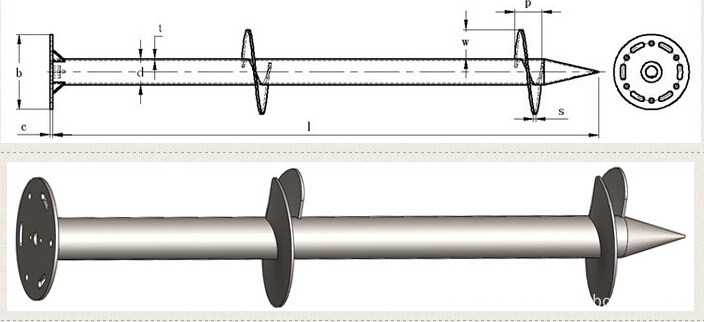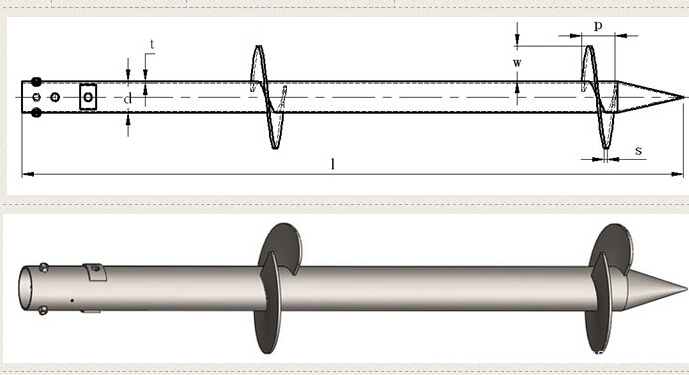AI is a massive market, and whoever holds a significant share will ultimately control it. Major tech giants are all vying for dominance in this AI race. Microsoft, Google, and Apple are all re-focusing their efforts on artificial intelligence. However, Microsoft has a critical weakness: its mobile technology is not as strong as that of Google or Apple.
Despite Microsoft's heavy investments in AI, the lack of a competitive mobile platform could hinder its success in this field. Microsoft's inherent advantages in AI development come from its vast data sources and direct access to consumers and businesses. However, compared to the huge amount of user data collected by Google and Apple through Android and iOS, Microsoft is at a disadvantage. In October, Microsoft officially announced it would no longer develop its own mobile operating system, which further weakened its position.
Microsoft has been trying to integrate mobile technology into its AI initiatives, such as with Cortana, but with limited success. Recently, Microsoft launched Bing’s international search engine in China, including web and mobile platforms. This move can be seen as an attempt to gather more mobile data from one of the world's largest internet markets.
The future belongs to companies that can best leverage artificial intelligence. Understanding consumer behavior is key, and AI plays a crucial role in designing better products. By using algorithms, ads can be placed more effectively to engage users. Additionally, offering cloud services helps businesses improve efficiency and operations.
Like Google, Apple, Facebook, and Amazon, Microsoft has made big bets on AI. It has some early advantages, but it also lacks a crucial element: mobile technology. Without it, Microsoft faces significant challenges in the AI competition.
**Inherent Advantages: Massive Data, Direct Access to Consumers**
Microsoft has several natural strengths in AI. For machine learning, data is the most important factor, and Microsoft has access to a large volume of it. This comes from Bing, Windows, Office, and LinkedIn. While Bing isn't as powerful as Google Search, it still provides a solid foundation for AI, generating vast amounts of data daily. As Larry Cornett, a former Yahoo executive, once said, “Hundreds of millions of queries a day are exactly what a large AI system needs.â€
Another major advantage is Microsoft's direct connection to both consumers and businesses. With over 500 million active Windows 10 devices, many of them come with AI-powered personal assistant Cortana. Microsoft Office is also integrating more AI features, such as grammar checking and automatic translation. These tools help users while also providing valuable feedback to improve AI performance.
**Critical Shortcoming: Lack of Mobile Technology**
Despite these advantages, Microsoft has a fatal gap in its AI strategy: mobile technology. Google and Apple have gathered extensive data through their mobile ecosystems—Android and iOS. This data allows them to continuously refine their AI systems based on how people use their phones. For example, millions of users interact with Siri, Google Assistant, and Google Now every day, giving these companies a clear edge.
Microsoft, without a strong mobile presence, is missing out on this critical data source. The company has tried to recover by launching Cortana on iOS and Android, but it hasn’t gained much traction. People tend to stick with established assistants like Siri or Google Assistant.
Microsoft also attempted to enter the home AI market by partnering with hardware companies to develop Cortana-enabled speakers. However, the product didn’t perform well. After its release, the price dropped by 50%, from $200 to $100.
**Seeking a Breakthrough: Partnering with Amazon and Launching Bing in China**
To compensate for its mobile shortcomings, Microsoft partnered with Amazon to integrate Cortana with Alexa. However, the integration was shallow—users had to say “Alexa, open Cortana†to access it, which felt unnatural.
Additionally, Microsoft announced the launch of its Bing International Search Engine for Chinese users, covering both web and mobile platforms. With a large population, China represents a significant opportunity for Microsoft to collect mobile data and enhance its AI capabilities.
At the 4th World Internet Conference, Shen Xiangyang, Microsoft’s Executive Vice President, stated, “I am pleased to announce the official launch of Bing International Search Engine for Chinese customers. Users can now enjoy the latest AI-driven search experience on both web and mobile devices.†He also mentioned that the new version includes Microsoft Xiao Bing, an EQ-oriented conversational AI system, offering a more intelligent and comprehensive English search experience for students, researchers, and professionals.
Solar Energy Mounting Ground Screw Pile
Solar Energy Mounting Ground Screw Pile with N series and F series mainly .N Series Ground Screw with 3pcs,4pcs or 6pcs nut and reinforced plate to assemble ,F Series Ground Screw with flange to assemble solar brackets .
There are two kinds of N series Ground Screw mainly ,with 1 or 2 or 3pcs big blade ,and with Nuts and reinforced plates,another kind of ground screw with continuous small blades .F series ground screw with round,hexagon ,triangle or square flanges .with big blade or continuous blade .
Ground Screw Pile for solar energy mounting system with many advantage : no-digging,no waste time ,lower cost,protect environment,easy install .



Solar Energy Mounting Ground Screw System,Ground Screw Pile Foundation for Solar,10Kw PV Panel Mounting System,Ground Screw Solar Rack System
BAODING JIMAOTONG IMPORT AND EXPORT CO., LTD , https://www.chinagroundscrew.com



